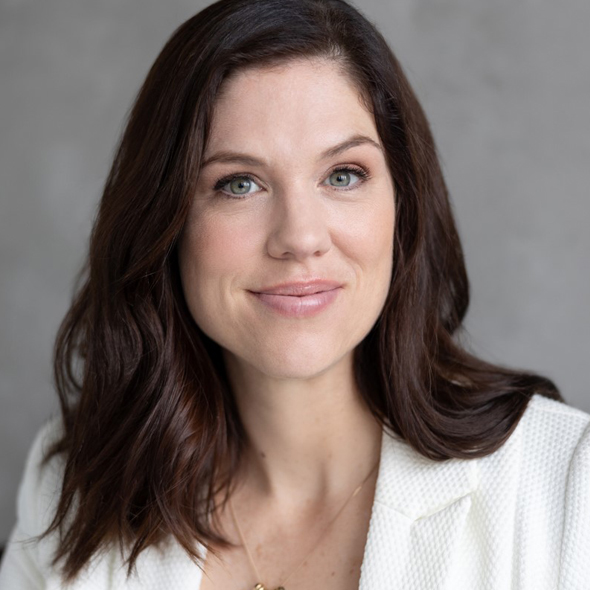We ask a prominent director to share three important lessons from three different professional experiences.
Julie Hamblin FAICD is a chair and non-executive director with expertise across health law, governance, disability and international development. She is the chair of Australian Volunteers International (AVI) and Maluk Timor, an organisation dedicated to healthcare in East Timor. She is also a non-executive director at the Royal Australian and New Zealand College of Obstetricians and Gynaecologists and the Telecommunications Industry Ombudsman.
Hamblin began her career as a solicitor and was a partner at law firm HWL Ebsworth in 1992– 2013, where her focus was on health regulation, clinical risk, privacy and bioethics.
With a strong commitment to global health and human rights, Hamblin’s international work has included consultancies with the United Nations Development Programme on public health, HIV/ AIDS projects in 20 countries and the Department of Foreign Affairs and Trade. She is also a member of the NSW Health Ethics Advisory Panel.
The Board: Australian Volunteers International
The Lesson: Be true to your values, regardless of any short-term costs.
An overseas branch of AVI was given the opportunity to tender for a project with a major international tobacco company. This particular organisation was struggling somewhat financially, and it was a potentially large and lucrative contract.
However, there was a real concern about alignment with organisational values. AVI is a prominent, mission-driven NFP that aims to promote positive and sustainable change in the countries where it works. In many of those countries in Asia, smoking is an enormous health issue.
We debated it extensively at the board level and a range of different views was expressed. As chair, I tried to think through various analogies with a service to entities where there may be ethical discomfort. If we were being asked to supply office equipment to a tobacco company, would we agree to do it? The answer was probably yes. But in this case, we would be providing consultancy services with the aim of improving the management of their tobacco business. Where do you draw the line? Ultimately, we felt uncomfortable about doing this work for a tobacco company.
If we had gone ahead, the fallout could have been significant. People work with NFPs because they feel aligned with their purpose and vision. If they see us doing something inconsistent with that, it would be divisive. The experience reaffirmed our values. It helped us to get greater clarity around what it means to live out our values.
The Board: Maluk Timor
The Lesson: Strategic focus and clarity really matter.
NFPs often struggle to achieve financial sustainability. There is a temptation to follow the money. Members of the organisation may think, “That’s a lot of money. It’s not fully aligned with our strategic objectives, but we could do that. It will give us a measure of financial stability and security we wouldn’t have otherwise.” It is a classic problem in the NFP sector, however, it is important to maintain a clear and consistent strategic focus if an NGO is to be successful in achieving its mission.
Maluk Timor had the opportunity to enter into an arrangement whereby we would have received a significant amount of money to underwrite a program in a related area. This area didn’t fall under the umbrella of our clear strategic objectives — to provide primary healthcare services, training and capacity building. The proposed program was health-related, but would have taken us outside primary care. It wasn’t a bad program and the temptation was strong.
However, it was designed along principles unaligned with our strategic focus — to build local capacity. Everything we do is aimed at not being a substitute for locally provided services. By muddying the clarity around our strategic goals, we would’ve been sending confusing messages to our staff about what they’re trying to achieve. There may also have been fallout with our external stakeholders. The board was aligned in saying no. Everyone agreed it was not the right way to undertake our work.
The Board: Undisclosed
The Lesson: Zero tolerance for bad behaviour must be exactly that – zero.
My thinking around this lesson began while I was a partner in a big city law firm. For many years, I saw partners at multimillion- dollar practices get away with very bad behaviour. There was arrogance, bullying and some staff were treated badly. Sometimes, the partners were sanctioned, but often it was just a reprimand. The sanctions were rarely effective in stamping out the bad behaviour.
There have been two instances where a director has ultimately left a board I have been on because their bad behaviour was called out. On one occasion, the director resigned and on the other, I spoke with them about it and asked them to leave. In both cases, the directors were making significant contributions to the organisation and so it wasn’t without loss. In fact, there was some sadness among us as board members, because people are complex, and often the reasons for bad behaviour are complex.
Nonetheless, I am absolutely fixed in my view that when we talk about zero tolerance, that’s what it means. Too often, we talk about zero tolerance and then make exceptions.
It’s important for an organisation to say no-one is indispensable — from the highest to the lowest. There are some people who will be a terrible loss, no doubt, but you replace them and keep going. Ultimately, the organisation will be stronger if you take a stand on culture.
This article first appeared under the headline 'Julie Hamblin FAICD’ in the March 2024 issue of Company Director magazine.
Latest news
Already a member?
Login to view this content



.jpg)